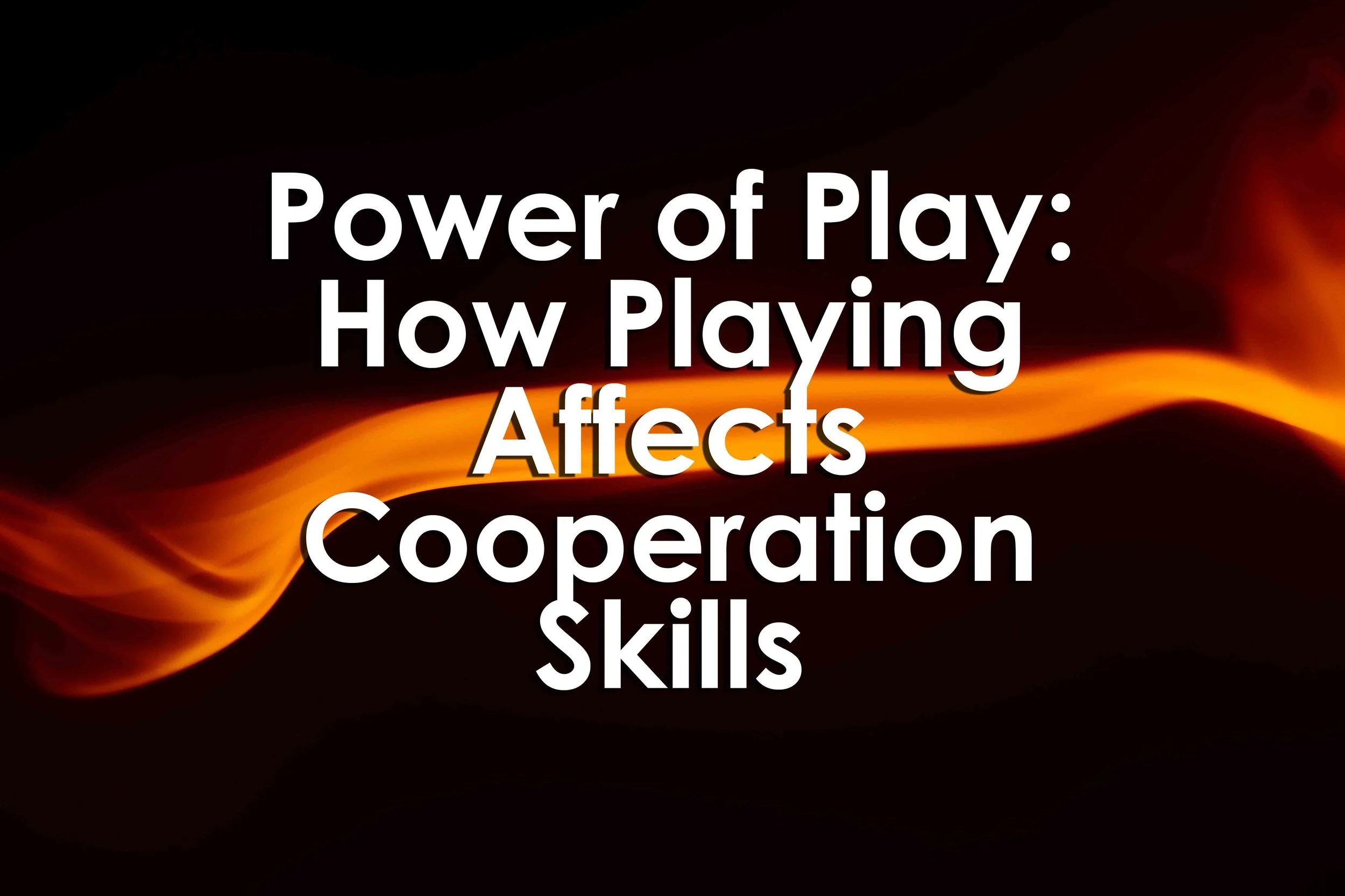Power of Play: How Playing Affects Cooperation Skills
Power of Play: How Playing Affects Cooperation Skills
Power of Play: How Playing Affects Cooperation Skills
By Tayebeh Sohrabi
Abstract
“This study examined the effects of group games on cooperation skills in female elementary students. Two classes of elementary female students were assigned as an experimental or a control group. A quasi-experimental method for the evaluation and comparison of cooperation development was used. The Measurement of Competitive-Cooperative Attitudes (Martin and Larsen 1976) was administered to gather data. A T-test was done to examine the hypothesis. A pre-test was performed to measure cooperation skills development and see whether they are comparable. Then, the experimental group played the selected group games, while the control group continued the previous curriculum. A middle test was conducted after six weeks. There were no meaningful differences between the groups. As it was predicted that time would be a factor that affected the results, the program continued for another six weeks. Finally, a post-test was conducted, revealing that group games can increase cooperation skills (p< 0/05).”
Reference
Sohrabi, T. (2021, December 08). Power of play: How playing affects cooperation skills. Retrieved March 18, 2022, from https://journals.library.brocku.ca/brocked/index.php/home/article/view/889
Keyword
Social skills, cooperation skills, elementary students, group games, individual games, research

